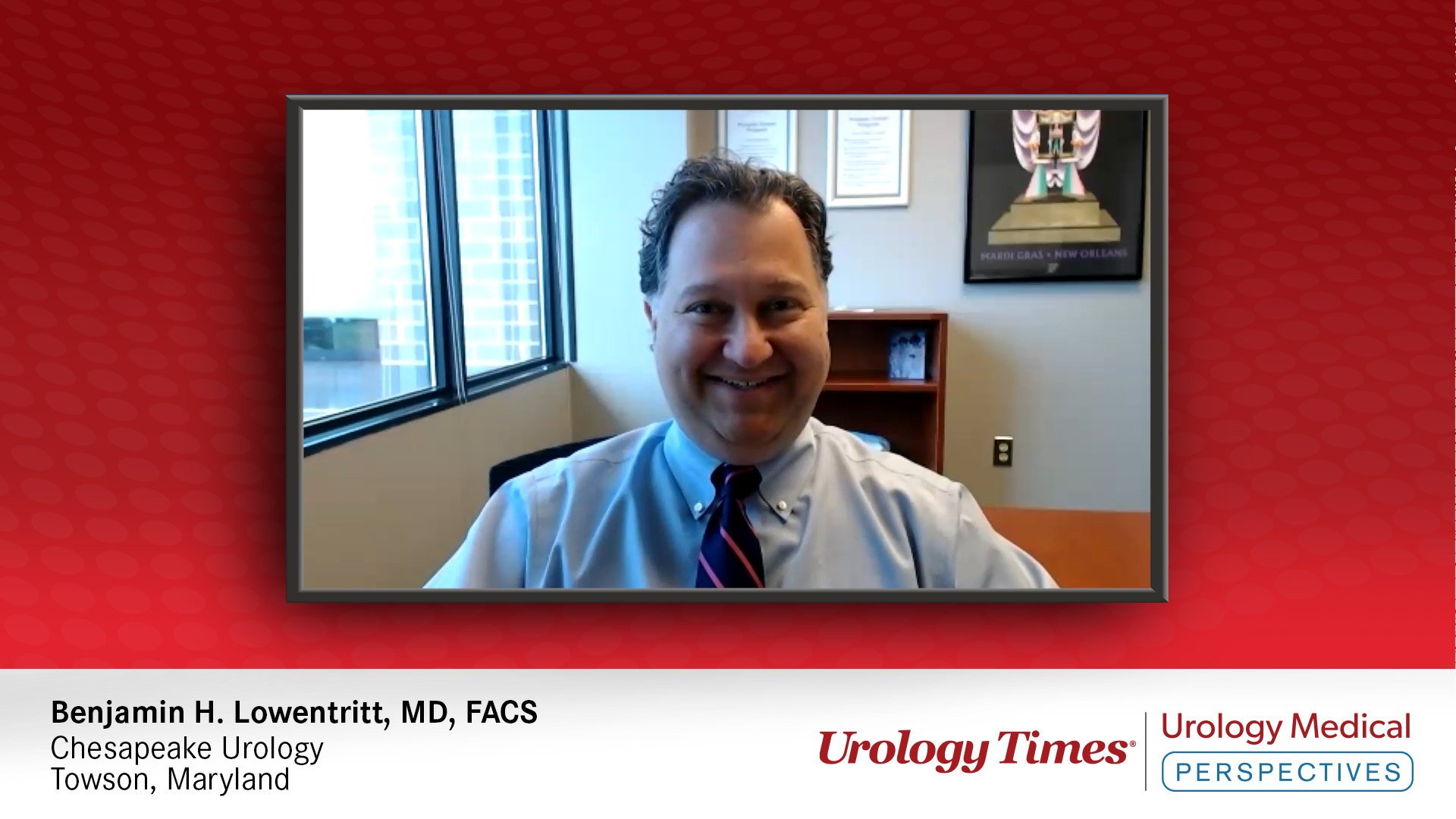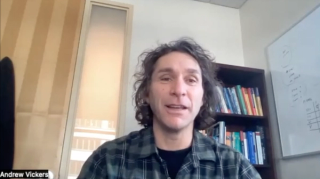
Prostate Cancer
Latest News
Latest Videos

CME Content
More News

The study assessed MG-AGEs, SRAGE, GLO1, and AGER, 4 biomarkers that are associated with methyglyoxal.

"Despite challenges, ongoing research and advancements in risk stratification, imaging techniques, and targeted therapies are paving the way for personalized and precision medicine approaches in prostate cancer management," writes Michael S. Cookson, MD, MMHC, FACS.

"The one other thing that we think might be helpful is that for labs that are reporting free PSA results, the most value seems to be if you report from a PSA of 2 to 10," says Mark A. Preston, MD, MPH.
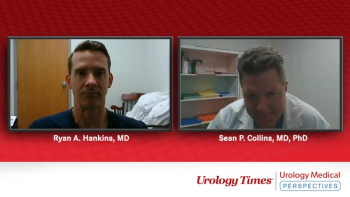
In the second article of this series, Ryan A. Hankins, MD, and Sean P. Collins, MD, PhD, discuss multidisciplinary care practices in prostate cancer, with a focus on communication across specialties.
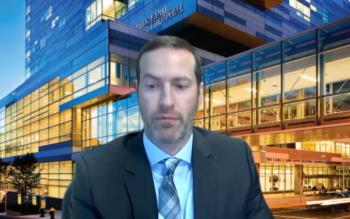
"The goal here is obviously to identify men who need investigation and diagnosis of prostate cancer and who we don't need to biopsy at all," says Mark A. Preston, MD, MPH.

The urine-based assay measures the expression of HOXC6 and DLX1 to determine whether a patient may benefit from prostate biopsy.
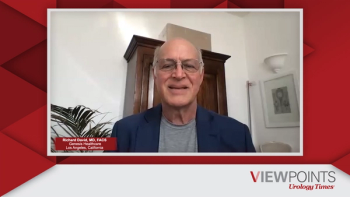
Experts in urology share a brief conversation on recent and future legislation for insurance coverage and reimbursement, considering how it may impact their management of prostate cancer.
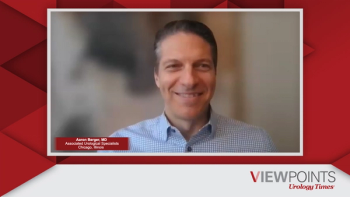
A more focused discussion on the specific challenges physicians or patients may face when seeking coverage or reimbursement for GnRH agonists/antagonists in prostate cancer.

The novel test was developed and validated using the biomarkers Appl1, Sortilin, and Syndecan-1 that were studied by investigators at the University of South Australia.

The studies explored the use of opioids following surgery as well as the risk of incisional hernia.

"We found that free PSA, when added to total PSA, improved prediction of clinically significant prostate cancer and fatal prostate cancer," says Mark A. Preston, MD, MPH.
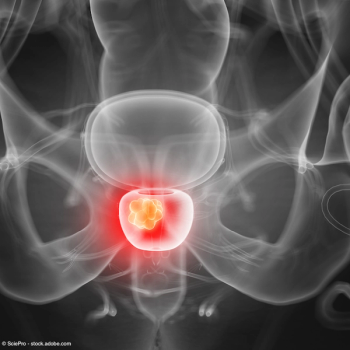
"The study revealed that the anatomical changes in the male pelvis could potentially favor the upright position for prostate treatments,” says Niek Schreuder.

The PRESERVE study of the NanoKnife System for the ablation of prostate tissue is exploring the focal treatment in patients with intermediate-risk prostate cancer.

Patients classified as high-risk by the genomic classifier who underwent radical prostatectomy had a 3-fold higher risk of harboring adverse pathology at the time of surgery compared with those with low-risk.

"Patients and providers should be aware of the long-term risks of radiation exposure when weighing treatment decisions,” says Avi Baskin, MD, MPhil.
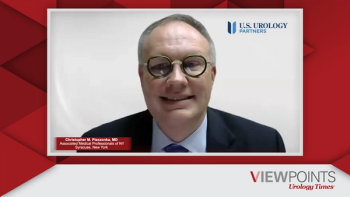
Centering discussion on insurance and reimbursement, key opinion leaders in prostate cancer management consider the current state of coverage for GnRH agonists/antagonists.

A brief review of the role that testosterone measurements play, amidst other monitoring strategies, in assessing for treatment failure in advanced prostate cancer.
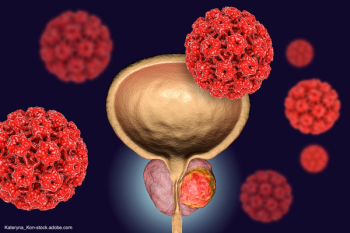
Yale Urology Chair Isaac Y. Kim, MD, PhD, MBA, has published his concerns surrounding interpreted results in the landmark ProtecT Study.

The Vanquish device is currently being assessed in the VAPOR 2 trial, which is evaluating the treatment in patients with intermediate risk, localized prostate cancer.

“Increasing the representation of physicians (or actors) who appear concordant with the target audience may be an important tool for more effective health communication strategies to mitigate health disparities," the authors write.

In the second installment of this series, Ryan A. Hankins, MD, and Sean P. Collins, MD, PhD, provide insights on the multidisciplinary approach to treating patients with prostate cancer and discuss the roles of urologists and radiation oncologists.

“The real immediate use case is that this biomarker can be an adjunct, or it can be something to assist in making the shared decision making with patients [with prostate cancer],” says Daniel E. Spratt, MD.

Digging into the logistics of advanced prostate cancer management, keynote speakers consider challenges faced with the electronic systems used to request or order therapy.

Switching their focus to the treatment armamentarium, expert panelists reflect on selection and sequencing of therapy for patients with advanced prostate cancer.

"It could identify about 2/3 of men that normally we'd be recommending hormone therapy would appear to have no benefit from hormone therapy," says Daniel E. Spratt, MD.

